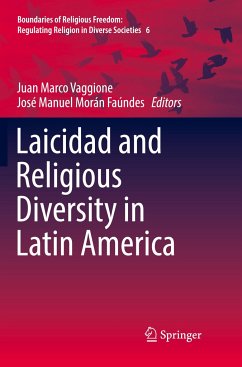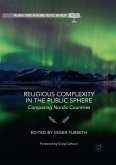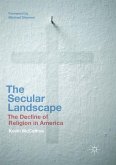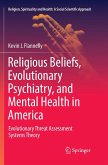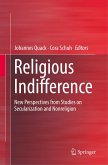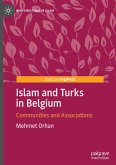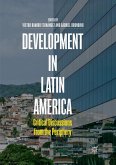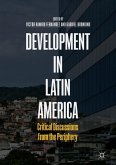This book presents revealing reflections on historical, socio-political, and legal aspects, as well as their contexts, in Argentina, Bolivia, Colombia, Costa Rica, Ecuador, Mexico, and Peru. Further, it includes theoretical and empirical analyses that identify the connections between religion and politics that characterize Latin American countries in general.
The individual chapters are based on a dialogue between regional and international approaches, renewing them and taking them to their limits by incorporating the Latin American experience. The book reflects the current intensification of research on religion in Latin America, the resulting reassessment of previous approaches, and the strengthening of empirical studies. It provides vital insight into the ways in which politics regulates the religious sphere, as well as how religion modulates and intervenes in politics in Latin America. In doing so it builds a bridge between the findings of researchers in the region on the one hand and the English-speaking academic public on the other, contributing to a dialogue that enriches comparative perspectives.
The individual chapters are based on a dialogue between regional and international approaches, renewing them and taking them to their limits by incorporating the Latin American experience. The book reflects the current intensification of research on religion in Latin America, the resulting reassessment of previous approaches, and the strengthening of empirical studies. It provides vital insight into the ways in which politics regulates the religious sphere, as well as how religion modulates and intervenes in politics in Latin America. In doing so it builds a bridge between the findings of researchers in the region on the one hand and the English-speaking academic public on the other, contributing to a dialogue that enriches comparative perspectives.
"This volume seeks to contribute to the construction of bridges between the region's own academic production and the English-speaking academic audience, in order to establish a critical dialogue that enriches comparative perspectives. ... The theme is far from exhausted, and with each turn of the screw, new variables come on the scene requiring new analysis and new looks. This book undoubtedly contributes to the broadening of our eyes on the vast and complex reality of Latin America." (Edin Sued Abumanssur, International Journal of Latin American Religions. Vol. 1, 2017)

